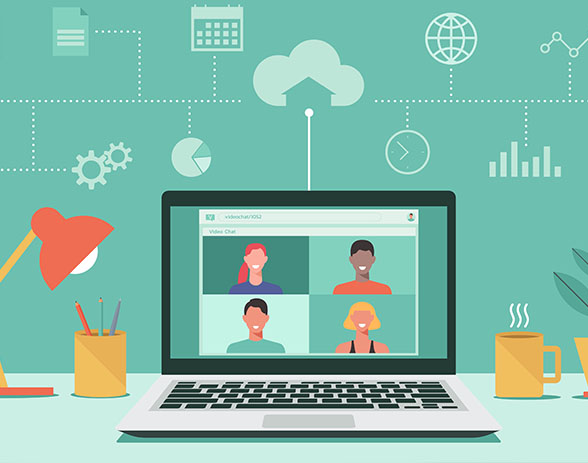In today’s digital world, it’s not just about delivering an exceptional experience to customers that is important. As the way we work continues to evolve, there’s a growing need to prioritize the digital employee experience (DEX) too. DEX refers to the experience an employee has when they interact with the digital tools and systems used within their organization. In this post, we will discuss why DEX and the management thereof, should be top of the agenda for every Chief Information Officer (CIO).
A good DEX is essential for employee satisfaction. Just as customers expect a seamless digital experience, employees expect the same level of convenience and ease of use when it comes to the digital tools they use at work. If an organization fails to provide a good DEX, it can lead to frustration, which can ultimately result in a decrease in employee morale and productivity. Therefore, it is crucial for CIOs to ensure that the DEX is managed, measured, improved and evolved to meet the needs of employee expectations.
Improving the way you deliver a digital experience will lead to increased productivity. When employees have access to user-friendly and intuitive digital tools that work and perform at all times, they can work more efficiently and effectively. This leads to increased productivity and helps organizations achieve their goals more quickly. On the other hand, if employees are struggling with outdated or difficult-to-use digital tools that constantly crash or hang and are not fit for purpose, it can lead to wasted time and decreased productivity. By investing in DEX tooling, CIOs can help their organizations operate more efficiently and effectively. Having the ability to measure and manage device and employee experience and ultimately shift the needle in terms of automation and remediation leads not only to improved productivity but reduced costs to deliver the IT service as well.
A good DEX can lead also lead to improved collaboration. In today’s world, where remote and distributed work is becoming increasingly common, digital tools play a critical role in facilitating collaboration between employees. When employees have access to easy-to-use and effective digital collaboration tools, they can work together seamlessly, regardless of their physical location. As we become more and more dependent on these tools, it is important to ensure that they remain performant at all times. This leads to improved communication, greater knowledge sharing, and better teamwork, which can ultimately result in better outcomes for the organization.
There is also no doubt that managing and improving your DEX can help attract and retain top talent. In today’s competitive job market, organizations need to differentiate themselves from their competitors to attract and retain top talent. A good DEX can be a significant factor in this regard. By providing employees with a seamless and easy-to-use digital experience, organizations can set themselves apart from their competitors and attract the best talent. Furthermore, employees are more likely to stay with organizations that invest in their well-being and prioritize their satisfaction.
Effective DEX also lead to improved cybersecurity. When employees have access to secure and reliable digital tools, it can reduce the risk of cybersecurity incidents. This is particularly important in today’s world, where cyber threats are becoming increasingly sophisticated and frequent. By investing in a DEX tooling, CIOs can help ensure that their organizations are protected from cyber threats and that employees are equipped with the tools they need to work securely. Real time information and world class remediation capabilities are critical in this space when deciding on tooling.
Finally, a good DEX can lead to improved business outcomes. When employees have access to the right digital tools and systems, it can lead to improved decision-making, more efficient processes, and better outcomes for the organization. This, in turn, will lead to increased revenue and growth.
In conclusion, the digital employee experience (DEX) is just as important as the digital customer experience. A good DEX can lead to increased employee satisfaction, productivity, collaboration, attraction and retention of top talent, improved cybersecurity, and better business outcomes. CIOs should prioritize DEX and ensure that their organizations provide a seamless and easy-to-use digital experience for their employees. By doing so, they can help their organizations operate more efficiently, effectively, and securely in today’s digital world.

